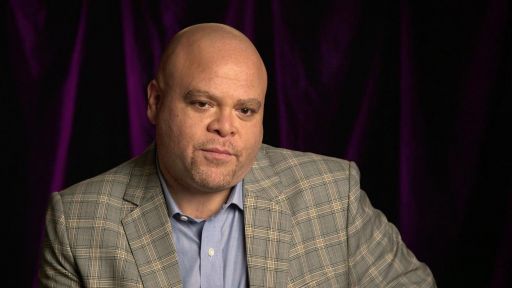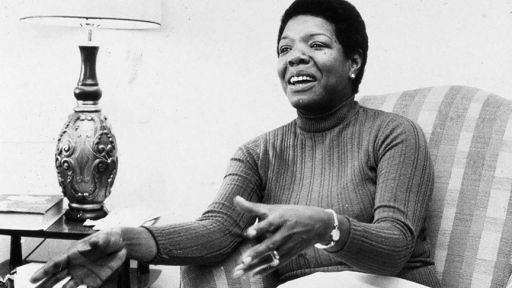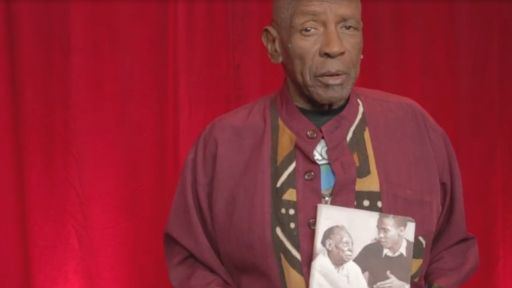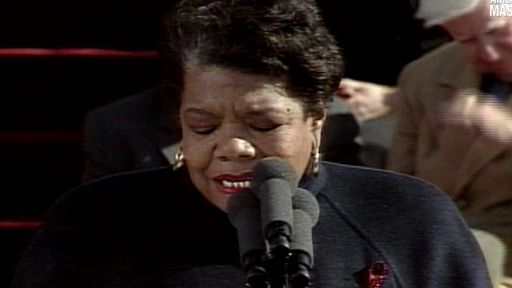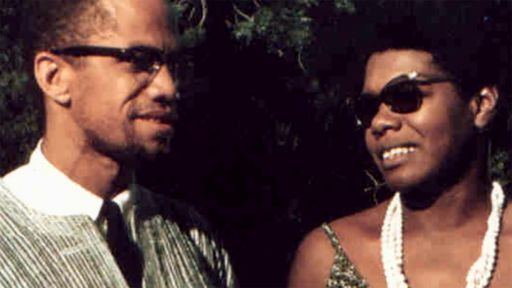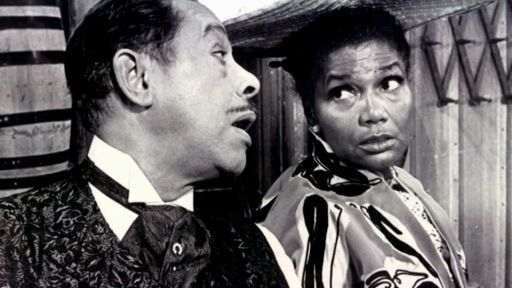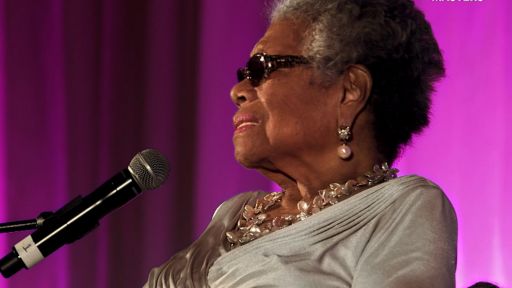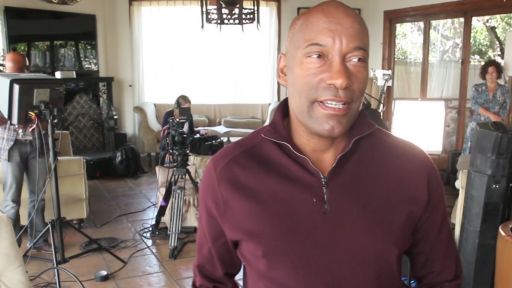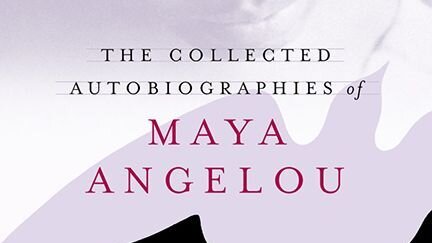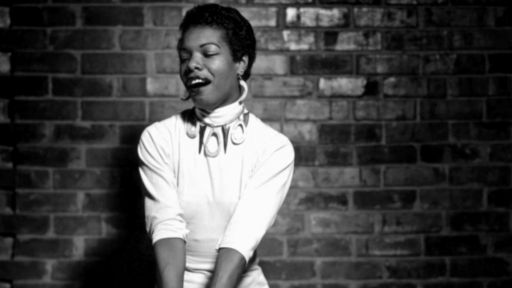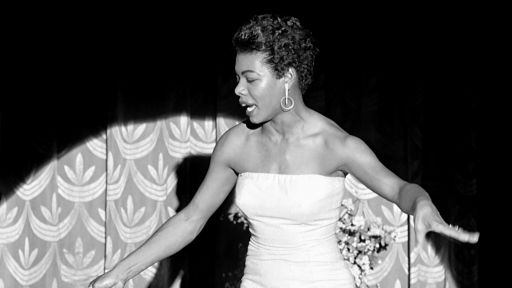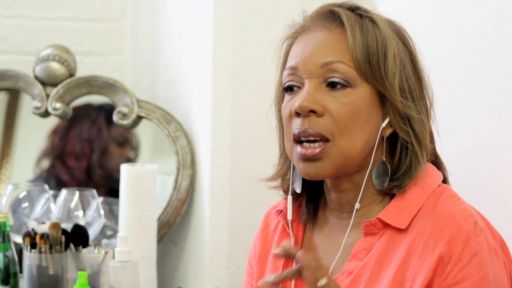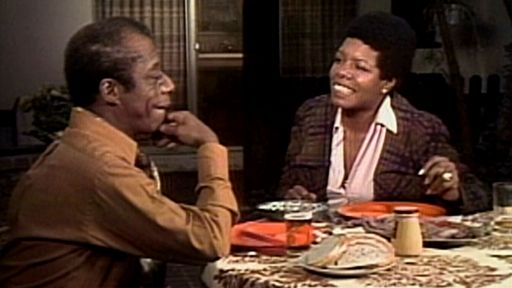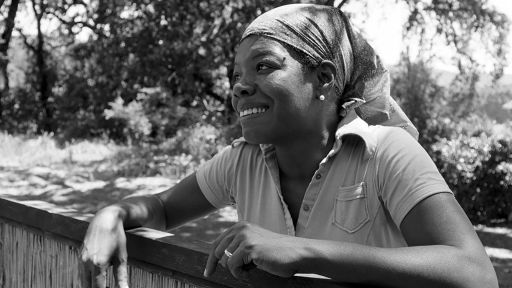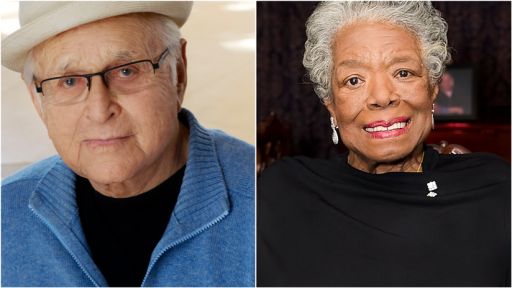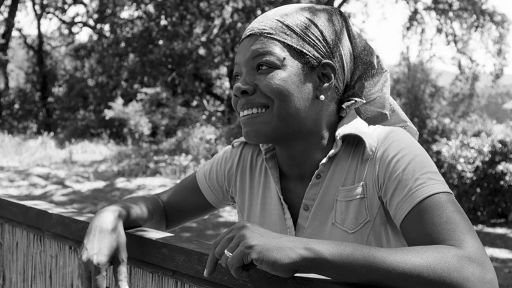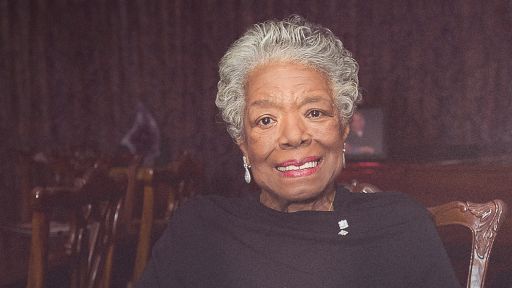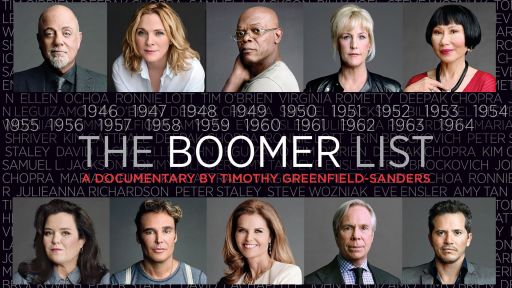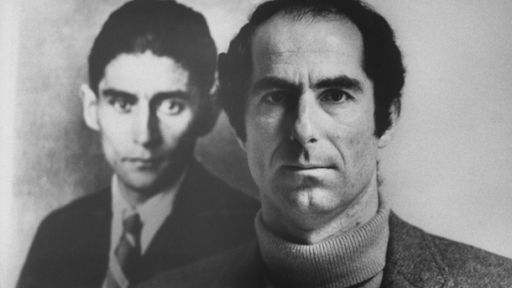TRANSCRIPT
As a young person reading, 'I Know Why The Caged Bird Sings' became one of those books that Black children didn't have.
Prior to that we didn't hear a little girl's story. So her story at that point in time - the late '60s - really hit the scene and just flourished and made reading and inclusion and diversity and characters something that I don't think we'd seen before. I had always been a fan of Maya Angelou. For years I remember reading 'I Know Why the Caged Bird Sings' and being deeply moved by that story that she told of growing up in the Jim Crow South and Arkansas - the love she had for her grandmother - the difficulties she had when she was raped when she was seven - the honesty of that book. Somewhere along the way I was kind of thinking about her, musing about Maya Angelou and I I started to realize I had never heard of a film being made about her. So I did some research, and sure enough nobody had ever made that film - it was amazing to me. The reason why Maya Angelou's story is so important is because history by and large has not been written by Black women. They've also been left out of the history books. Her birth in the Jim Crow South in 1928, to the Great Migration in St. Louis in the '30s, and with Porgy and Bess - her traveling with the State Department - to the Women's Movement, to the Arts Movement, and working with both Martin Luther King and Malcolm X - what you get is you get a historical perspective of this country that we haven't had before.
It makes her story very unique. Guy Johnson, who is Maya Angelou's son, is in my opinion one of the one of the most compelling people in the film. He's a tremendous storyteller who also has an amazing rye sense of humor. Through his story, really, he's able to walk us through her story because he grew up living with her she raised him as a single parent. And he talks about the struggles they went through; he also talks about the the joy of things that they went through.
He describes in detail how Maya Angelou met James Baldwin and Malcolm X and Martin Luther King and other people like that, so his story is central to the film.
Working on film, television, broadcast for the past 30 years, I've never seen anyone go back into time and drop you into that space where they're telling the story.
She gave 100 percent of herself.
She remembered. I think it was cathartic for her.
You could feel the story. You could feel the emotion, and you could feel the truth in her words. People often remark to us after seeing the film how uncanny the film is in terms of how it's relevant to what's happening today, with the Black Lives Matter movement with the gulf that we have in our society, and Maya Angelou was a person who stood for bringing people together, bridging divides, getting past our prejudices and our bigotry, and she was always interested in forgiveness and reconciliation. And these are kind of themes I think that are very important. I think that's why people really relate to the film as a contemporary film, but also as a historical document. We start the film with these words: 'We may encounter many defeats, but we must not be defeated. That in fact it may be necessary to encounter defeat, so we can know who the hell we are.'
That's how life is: we have one defeat after another, in a sense, but still we rise, still we go beyond those defeats, and we must not be defeated.


